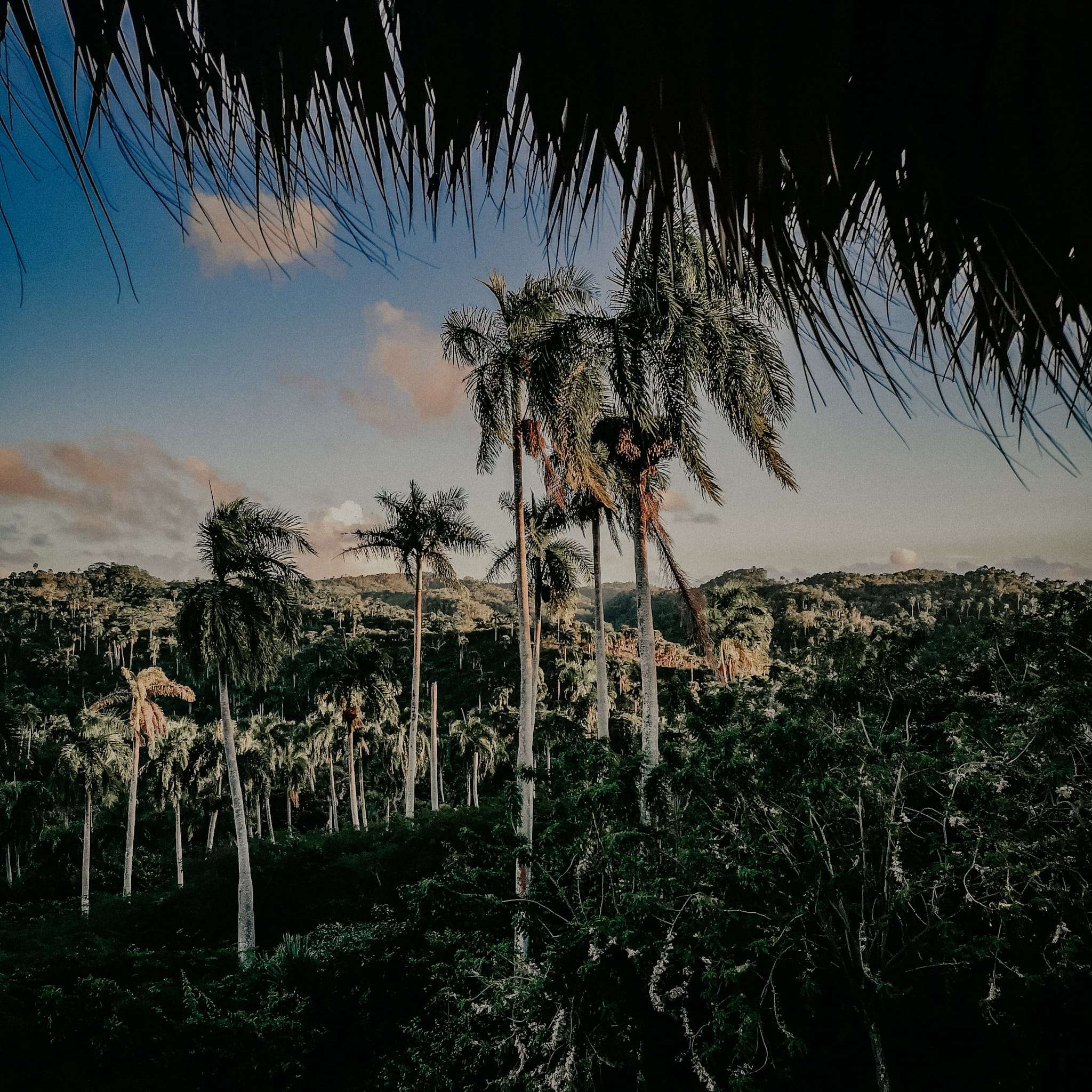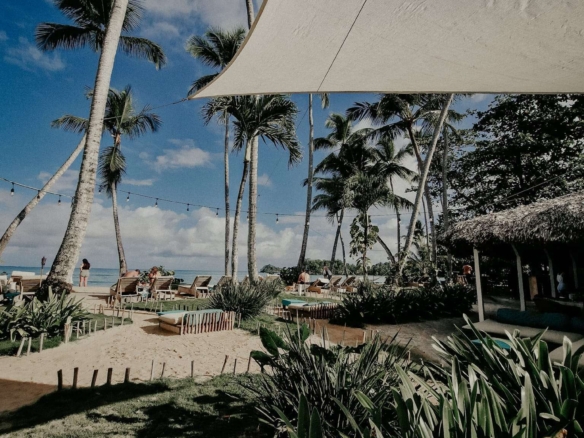The Dominican Republic is becoming a top destination for Americans and Canadians seeking a warmer climate, a more affordable lifestyle, and the charm of island living. But before you pack your bags and head south, here’s what you should consider when relocating to this Caribbean paradise.
1. Residency and Immigration
You can enter the DR as a tourist without a visa, but if you plan to stay long-term, you’ll need to apply for residency sooner or later. Without residency you are not allowed to work legally for a Dominican company for example. Options include:
-
Temporary Residency (valid for one year, renewable)
-
Permanent Residency (after five years of temporary status, or sooner via fast-track for retirees or investors)
Tip: Hire a local immigration lawyer to guide you through paperwork, medical checks, and interviews.
2. Cost of Living
The cost of living in the Dominican Republic is generally 40–60% lower than in major North American cities.
| Expense | Approx. Monthly Cost (USD) |
|---|
| Rent (2-bed condo): $600–$2,000 |
| Groceries: $300–$600 |
| Private healthcare: $50–$150 monthly |
| Dining & lifestyle:$200+ |
You’ll find your dollars stretch further—especially outside resort zones.
3. Healthcare
The DR has modern private hospitals in cities and tourist hubs like Santo Domingo, Santiago and Puerto Plata. Healthcare is affordable, with private insurance plans starting around $50/month.
Tip: Always choose private clinics over public hospitals for faster and higher-quality care.
4. Internet & Remote Work
With fiber-optic coverage expanding in expat towns like Cabarete, Las Terrenas, and Punta Cana, working remotely is entirely viable. Internet speeds of 100–300 Mbps are common.
Many digital nomads and freelancers base themselves in the DR due to the great climate and connectivity.
5. Flights & Travel
Major airports like Santo Domingo (SDQ), Punta Cana (PUJ), and Puerto Plata (POP) offer frequent direct flights to the U.S. and Canada—often under 5 hours to New York, Miami, or Toronto.
This makes it easy to travel home for holidays or business.
6. Housing & Real Estate
You can own property as a foreigner with no residency requirement. Real estate is diverse:
-
Condos from ~$130,000 near the beach
-
Villas and gated homes in expat communities
-
Land for building, especially on the North Coast
Tip: Use a qualified local real estate agent and attorney for safe transactions.
7. Lifestyle & Culture
Expect a slower pace of life, friendly locals, and a culture deeply rooted in music, food, and family. Most expats enjoy:
-
Daily outdoor activities (beach, hiking, water sports)
-
Fresh tropical produce
-
Vibrant social life in expat hubs
Learning basic Spanish will enrich your experience and help with everyday interactions.
8. Legal & Financial Considerations
-
Open a local bank account with residency or long-term stay proof
-
Use a currency transfer service for sending money from the U.S./Canada
-
Work with a lawyer for real estate and residency to ensure compliance with local laws
Moving to the Dominican Republic offers sun, affordability, and a welcoming lifestyle. Whether you’re retiring, working remotely, or just looking for a fresh start, the DR has a lot to offer—just make sure you’re prepared and well-informed.





Join The Discussion